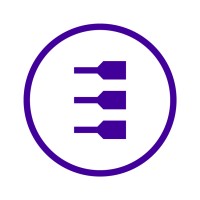
Eurotech
Eurotech is a multinational company that designs, develops and supplies Edge Computers and Internet of Things (IoT) solutions - complete with services, software and hardware - to system integrators and enterprises. By adopting Eurotech solutions, customers have access to IoT building blocks and software platforms, to Edge Gateway to enable asset monitoring and to High Performance Edge Computers (HPEC) created also for Artificial Intelligence (AI) applications. To offer increasingly comprehensive solutions, Eurotech has partnered with leading companies in their field of action, with the view of creating "best in class" solutions for the Industrial Internet of Things.






